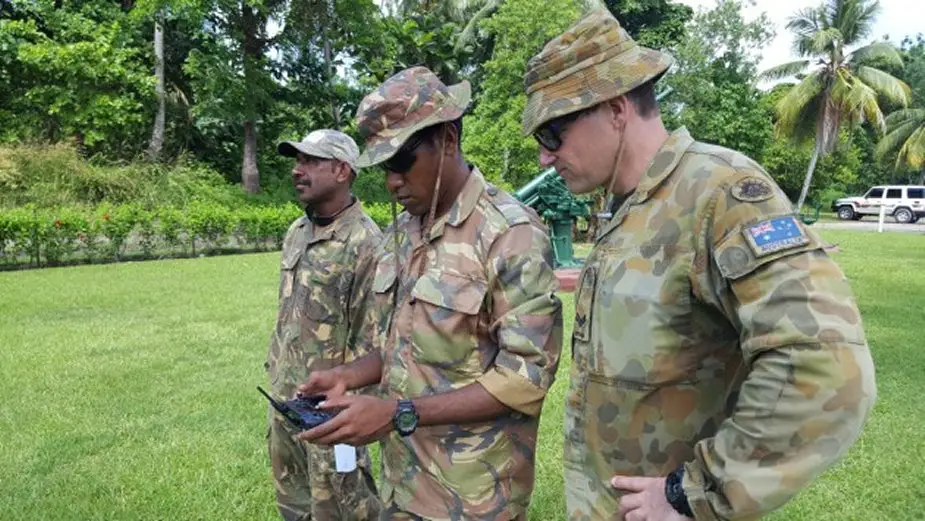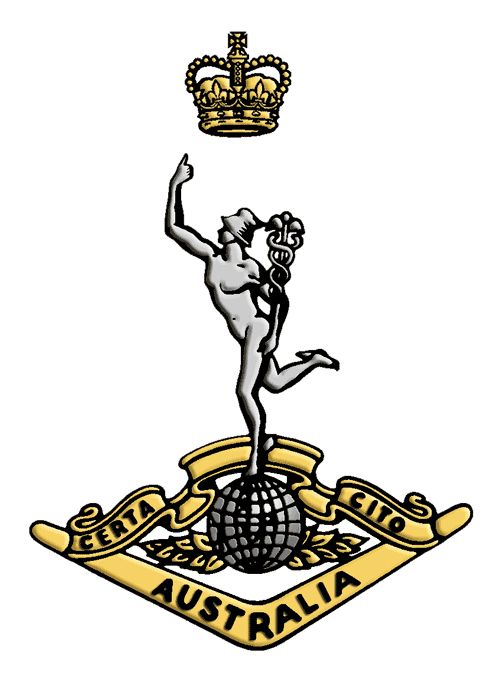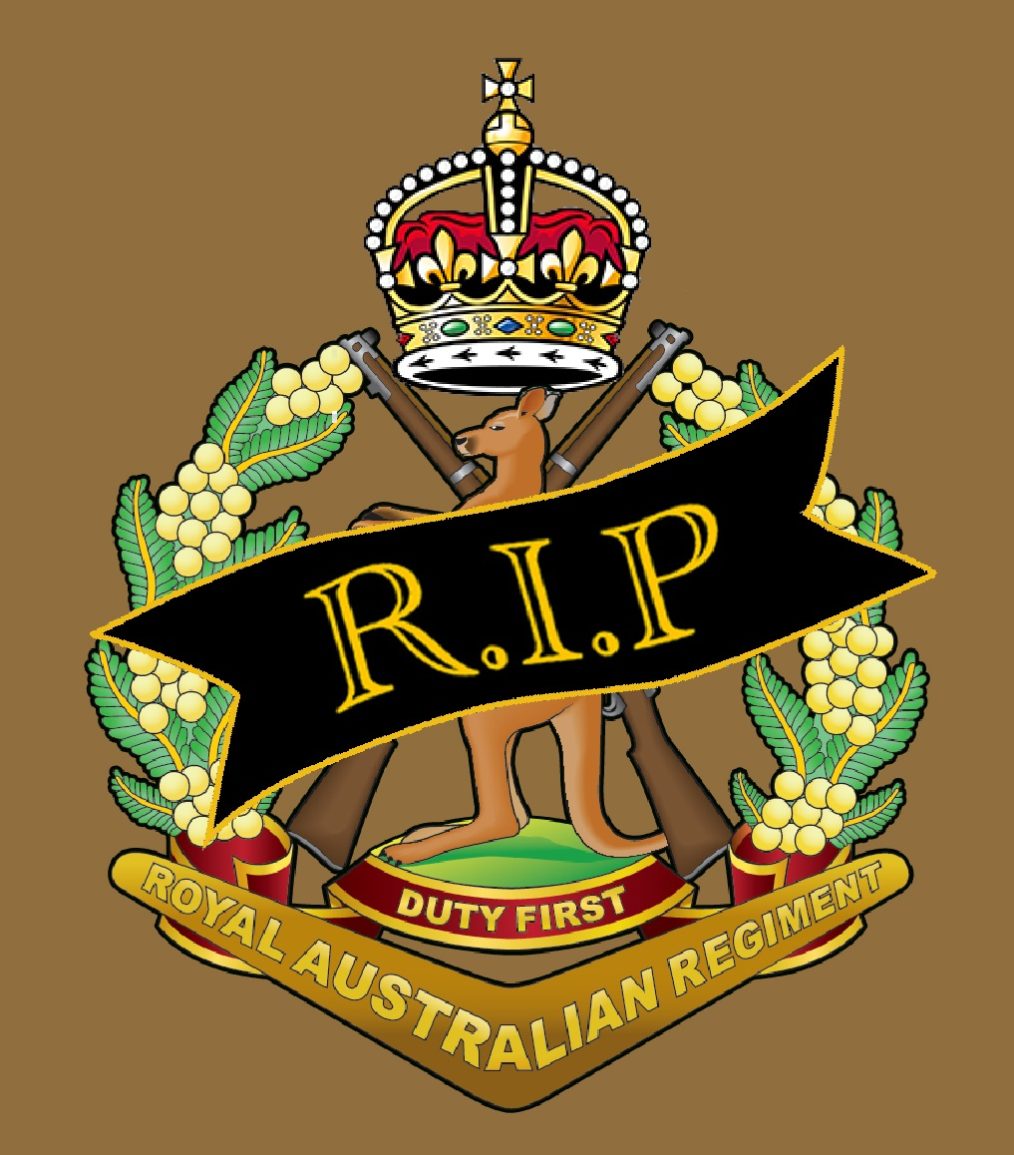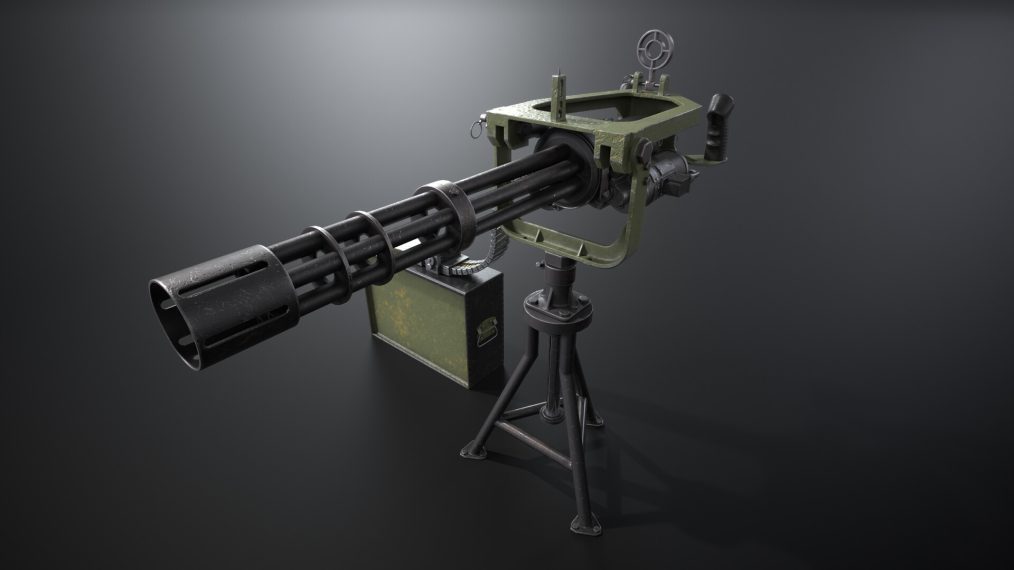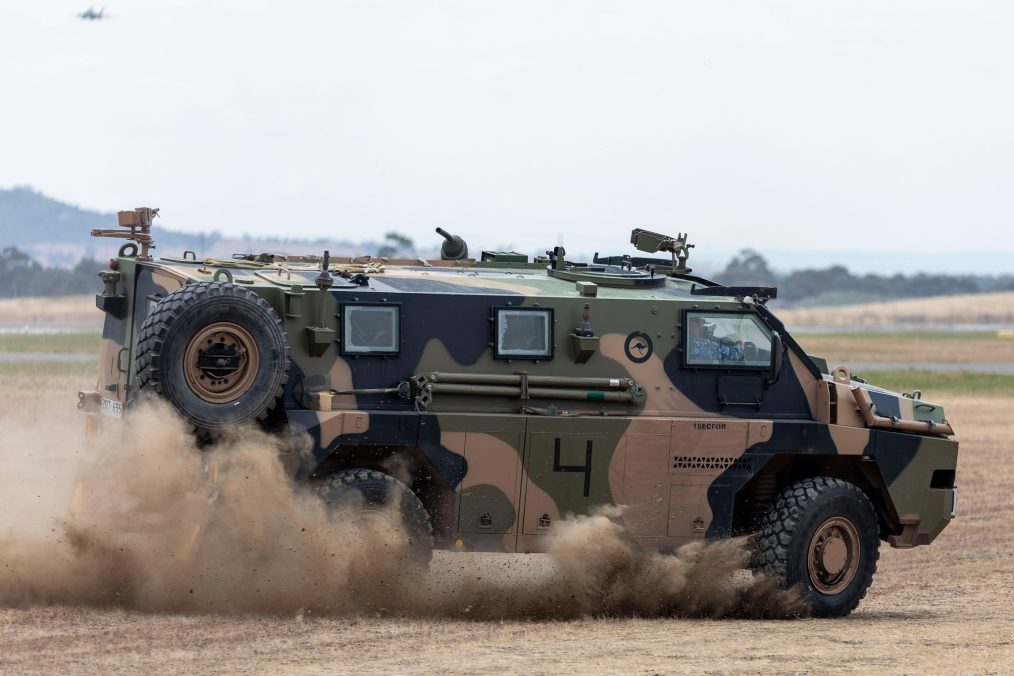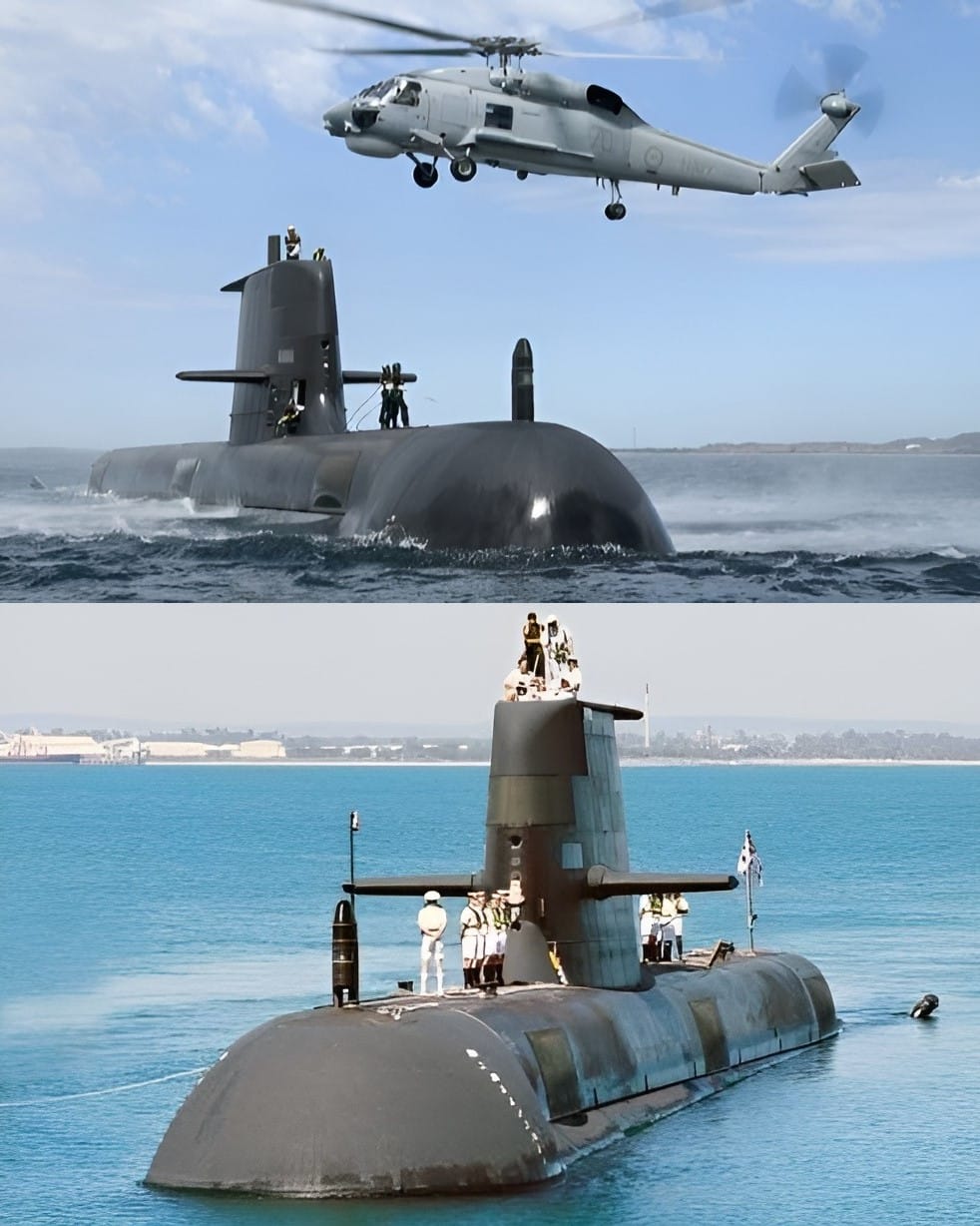eNewsletter – David Belmont
Australia’s future has been shaped by a series of international agreements, many of which were signed without widespread public consultation. These agreements have had profound consequences on the nation’s manufacturing sector, agriculture, energy policies, and sovereignty. Understanding their impact is crucial to comprehending the broader economic and political landscape that Australia faces today.
The Lima Declaration (1975)
In 1975, the Australian Labor Party (ALP) government, led by Prime Minister Gough Whitlam, signed the United Nations-inspired Lima Declaration. This agreement required Australia to reduce its manufacturing capabilities by approximately 30% while committing to import that same proportion from other preferred countries. The declaration was presented under the guise of creating a more balanced global economy, redistributing wealth, and providing all nations a “fair share” of industrial production.
Beyond manufacturing, the Lima Declaration also mandated that Australia import as much primary produce as possible, including essential food items such as meat and fruit. These obligations were agreed to without any public referendum or significant parliamentary debate. The economic ramifications were immediate and long-lasting, as Australian industries faced increasing competition from international markets while government policy actively discouraged domestic production.
Shortly after committing Australia to the Lima Declaration, Whitlam was dismissed by the Governor-General, Sir John Kerr, on 11 November 1975. While his sacking was primarily due to a constitutional crisis over budget deadlock, the legacy of the Lima Declaration remains. The policies enshrined in this agreement are still felt today, as Australia continues to struggle with manufacturing decline and dependence on imports.
The Kyoto Protocol (2007) and the Paris Agreement (2016)
In 2007, newly elected Labor Prime Minister Kevin Rudd ratified the Kyoto Protocol immediately upon taking office. This agreement legally bound Australia to reduce its carbon emissions, imposing strict environmental regulations on businesses. While framed as an essential step in combating climate change, the agreement placed a heavy burden on Australian industries, forcing many to either shut down or outsource operations to countries with more lenient environmental policies.
Nine years later, in 2016, Liberal Prime Minister Malcolm Turnbull signed Australia into the Paris Agreement, further tightening environmental restrictions. This agreement required even greater reductions in carbon emissions, directly impacting not just manufacturing but also agriculture, mining, and energy production. Australian businesses were forced to comply with increasingly stringent regulations, often at great economic cost, while major competitors such as China and India were given more flexible targets.
The consequences of these agreements have been profound. Australia, once a thriving manufacturing hub with a strong industrial base, has seen significant deindustrialisation. Energy prices have soared as traditional power sources were phased out in favour of renewable energy, often without adequate infrastructure in place to support the transition. While environmental concerns are legitimate, these policies have disproportionately harmed Australian businesses and workers.
The Kunming-Montreal Biodiversity Framework (2022)
The trend of signing international agreements with far-reaching implications continued with the 2022 Kunming-Montreal Biodiversity Framework. Under this agreement, signed by the current Labor Prime Minister, Australia has committed to locking up 30% of its land and water (commonly referred to as the 30×30 initiative). This commitment was made under the presidency of the People’s Republic of China (PRC), raising concerns about external influence over Australian land and resources.
The implications of this agreement are significant. By restricting access to vast portions of Australian territory, the government is further limiting opportunities for agriculture, mining, and infrastructure development. Given that Australia is already facing housing shortages, rising costs of living, and increasing dependence on foreign imports, the decision to impose further land-use restrictions raises questions about the government’s priorities.
The Role of the United Nations and Global Governance
A common thread among these agreements is their origin: all have been orchestrated by the United Nations (UN) or other international bodies. While these organisations promote their initiatives as efforts to foster global equality, the reality is that Australia has consistently sacrificed its own economic prosperity in the process.
By adhering to these agreements, successive Australian governments have prioritised globalist policies over national interests. Australian innovation, industry, and wealth are being systematically redirected to benefit other nations while local businesses struggle under heavy regulatory burdens. Meanwhile, the UN remains an unelected body with no direct accountability to the Australian electorate, yet it continues to exert significant influence over domestic policy decisions.
The Consequences for Australia’s Future
The cumulative impact of these agreements is clear: Australian self-sufficiency has been undermined, economic opportunities have been lost, and national sovereignty has been eroded. Manufacturing, once a pillar of the Australian economy, has been decimated. Agriculture, a sector vital to both the economy and food security, has been constrained by regulations and foreign competition. Energy policies have driven up costs, impacting both households and businesses.
Unless future governments take decisive action to reclaim national decision-making power, Australia will remain at the mercy of international agreements that prioritise global redistribution over domestic prosperity. The focus must shift towards rebuilding local industry, securing energy independence, and ensuring that future agreements serve Australian interests first and foremost.
Conclusion
The decisions made by Australian governments over the past five decades have placed the country on a trajectory of economic decline and external dependence. While global cooperation is essential, it should not come at the cost of national prosperity. Australians must remain vigilant, demand accountability from their leaders, and push for policies that prioritise the nation’s long-term interests over international obligations. Only through informed debate and strong leadership can Australia secure its future in an increasingly uncertain world.

